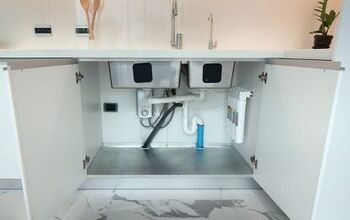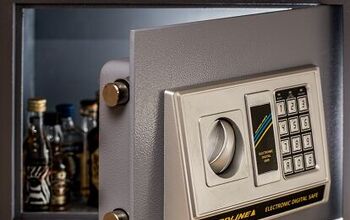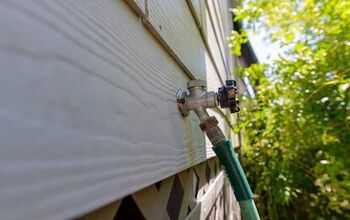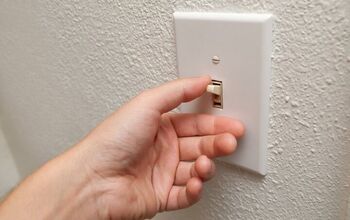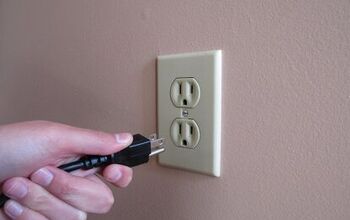When Should You Start Packing For A Move?

Moving isn’t fun, but it doesn’t have to be a nightmare. The result of moving is rewarding, so why not make the process easier? Packing doesn’t need to be hard, and it’s one of the easier parts of moving. So, when should you start packing for a move?
Start packing 4-6 weeks before a move to ensure you can pack everything in time. It helps to start by packing seasonal items, storage items, and clothes you won’t wear for a while. Pack your bedding, clothes, kitchen supplies, and toiletries in the last 1-3 weeks before you move. Wait until the last minute to pack food and pet supplies.
Reach out to a moving company 2-3 months before you move. That way, you can finalize the details long before the big day. Follow along as we explore when you should start packing for a move and highlight tips to make it easier.
How Early Should You Start Packing For A Move?
Ideally, you should start packing at least 4-6 weeks before a move. Moves sometimes come up unexpectedly, but it’s a great idea to start packing as soon as possible. The biggest reason to pack early is that you have many other responsibilities to consider when moving.
For example, you must transfer utilities, change your address, and take care of big moving expenses. It’s also often necessary to declutter your current home before you move. That alone can take a few weeks if you have a big home and a busy work schedule.
You can save yourself some stress if you create a list of tasks before you move. This can include decluttering, organizing, packing, transferring utilities, and finalizing transportation for your belongings. It will be much easier to pack efficiently when you work through the list one item at a time.
What To Pack First When Moving
The last thing you want to do is regret packing something too early. Luckily, we compiled a list to ensure you can pack your belongings in a logical order.
Items You Don’t Use Daily
Do you have any items that you don’t use every day? For example, seasonal clothes and decorations that you don’t need right now are perfect for early packing. Check your storage closets and drawers, and pack anything you won’t need before you move.
Organize the items based on size, durability, and the rooms where they belong. Make sure to label the boxes before you tape them shut. Set the boxes aside and out of the way, so they don’t interfere with the next 4-6 weeks of packing.
Unused Rooms
Next, it’s a great idea to pack up the contents in any unused rooms at least 3-4 weeks before you move. Spare bedrooms and offices are often easy to pack unless you use them for storage. Carefully organize and pack your belongings in the room, then keep the boxes there temporarily.
That way, the boxes won’t be in the way and you’ll know where everything is before your moving day. Take apart the bed frame in your spare bedroom and set the mattress against the wall if possible. This will save lots of time when you move.
Delicate And Valuable Items
It can be stressful to move with delicate items, especially if you wait too long to pack them. That’s why it’s a great idea to pack your delicate items at least 3 weeks before you move. Whether it be art and vases or musical instruments, it’s important to take extra care to protect these items.
Don’t skimp on the bubble wrap and packing peanuts when you pack delicate items. If you hire a moving company, make sure to tell the moving crew which boxes and items are fragile. You can even move those items yourself if you don’t want the movers to damage them.
Collectibles And Decorations
You won’t likely need your collection of books, CDs, and decorations before you move. Instead, organize and pack them 2-3 weeks before you move. Depending on how much you have, these boxes may be somewhat heavy.
Remember to label the boxes and add a note if they are heavy and fragile. This will come in handy whether you hire movers or rent a moving truck. You will only be without these items temporarily, and it will be rewarding to unbox them at your new home.
Daily Clothes And Kitchen Supplies
Nobody wants to wear dirty clothes and use old kitchen supplies before they move. That’s why you should save some of those items to pack last. Pack most of your clothes and kitchenware in the last 1-2 weeks before you move.
Save yourself several changes of clothing, dishes, and kitchen utensils for your last week at your old home. You can even buy some disposable dishes if you want to pack your dishes early. Some people simply put their remaining clothes in a suitcase before moving to avoid packing more boxes.
Bedding
Of course, you must save some bedding until the last minute before you move. However, you should pack as much of it as possible before you move. Fold and pack extra sheets, pillows, and blankets 1-2 weeks before you move.
Save yourself a sheet, blanket, and some pillows to use until the last day before you move. Pack whatever bedding you have left early in the morning on the moving day so you can easily move your bed.
Toiletries And Cleaning Supplies
While you’ll need some toiletries before moving, you won’t need them all. Pack extra toiletries and cleaning supplies that you don’t need about 1-2 weeks before you move. Make sure to keep items that contain chemicals in the same boxes, so you don’t taint non-chemical items.
Wait until your moving day to pack your essential toiletries, like soap and toothpaste. You can even put those in a small bag and bring it to your new home without professional help. That way, you can easily access essential items at your new home without unpacking them.
Pet Supplies
Do you have pets? If so, that can add a challenge to moving, especially if you have cats. You can’t simply pack a litter box a few weeks before you move.
Instead, pack your cat’s toys and accessories 2 weeks before moving, and save essentials until the last day. For example, wait until your moving day to pack food and water bowls for your cats or dogs. You must also wait until the last minute to pack the litter boxes before you move.
Keep in mind that moving companies are unlikely to move litter boxes for you in some cases. It depends on the moving company, so they may charge extra, or you’ll need to move them.
Food
Food and beverages are the last items you should pack before you move. After all, you don’t want to go without food and water before moving. That said, you may want to empty your fridge and freezer a few days before you move.
Perishable items may not survive the drive to your new home, depending on how far away it is. Keep your home stocked with non-perishable items and eat them until you move. Otherwise, put perishable items in a freezer bag to make sure they don’t go bad during the drive.
How Far In Advance Should You Call A Moving Company?
Make sure to call the moving company 2-3 months before moving. That is the best way to ensure you can schedule your move on an ideal schedule. For example, it can be hard to schedule last-minute moves between May and September.
Even if it’s not peak moving season, it’s a great idea to book your move as early as possible. This gives you plenty of time to finalize your new lease, tie up loose ends, or close on your home sale. Some moving companies may even charge more for last-minute moves during peak moving season.
You can save money if you move between October and April, especially if you call early enough. That said, local moves don’t require too much preparation, so timing doesn’t matter as much. For example, you can often contact a moving company within 2-4 weeks of a local move.
Summing It Up
Pack storage items and non-essential seasonal items 4-6 weeks before you move. Next, pack valuables and items from unused rooms, such as spare bedrooms. Wait to pack daily clothes, kitchen supplies, bedding, and toiletries until 1-3 weeks before moving. Don’t pack food and pet supplies until you are ready to move.
Related Guides:

Nick Durante is a professional writer with a primary focus on home improvement. When he is not writing about home improvement or taking on projects around the house, he likes to read and create art. He is always looking towards the newest trends in home improvement.
More by Nick Durante



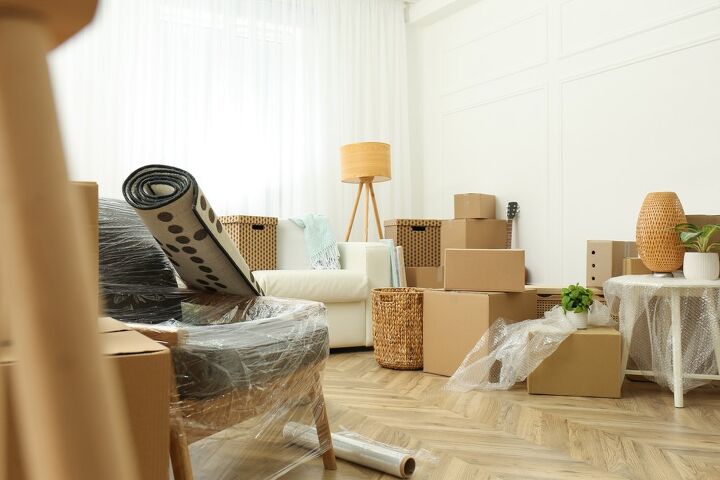
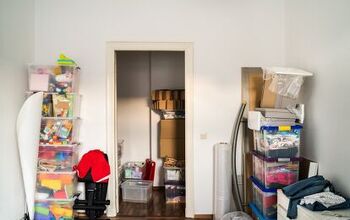





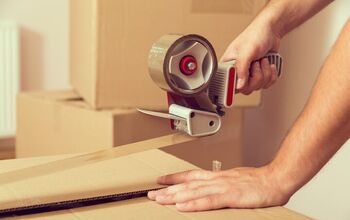

![The 10 Best Table Saws - [2022 Reviews & Buyer's Guide]](https://cdn-fastly.upgradedhome.com/media/2023/07/31/9070645/the-10-best-table-saws-2022-reviews-buyer-s-guide.jpg?size=350x220)

![How Much Weight Can a 4×4 Support Horizontally? [It Depends!]](https://cdn-fastly.upgradedhome.com/media/2023/07/31/9070333/how-much-weight-can-a-44-support-horizontally-it-depends.jpg?size=350x220)



